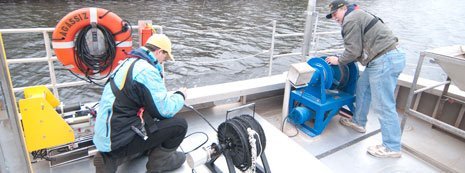The impact of bio-oil as rejuvenator for aged asphalt binder
© 2018 Elsevier Ltd. All rights reserved. Publisher's version of record: https://doi.org/10.1016/j.conbuildmat.2018.10.168
Abstract
Recycling technology has been widely applied on road pavement due to the aging problem of asphalt binder and the extensive requirement for maintenance. The aim of this research is to use bio-oil generated from sawdust as a rejuvenator to recycle aged asphalt. In this research, the performance graded asphalts PG 58-28 and PG 64-22 were selected as the base binders. The bio-oil contents were 10%, 15% and 20% of the total binder by weight. The Rotational Viscometer (RV) test, Dynamic Shear Rheometer (DSR) test, and Asphalt Binder Cracking Device (ABCD) test were applied to characterize the properties of bio-rejuvenated asphalts and virgin control asphalts. Additionally, the Fourier Transform Infrared Spectroscopy (FTIR) test was conducted to characterize the degree of restoration of aged asphalt binders from the aspect of functional groups. It was found that the bio-rejuvenator decreases the viscosity and activation energy, while increasing the temperature susceptibility and the content of viscous components of the aged asphalts. The aged asphalt can be softened by the bio-rejuvenator significantly; with the use of bio-rejuvenator, the rutting index of aged asphalts PAV PG 58-28 and PAV PG 64-22 at high temperatures from 52 °C to 76 °C was decreased by 75.5% and 77.2% in average, respectively. The bio-oil can restore the low temperature crack resistance of aged asphalts PAV PG 58-28 and PAV PG 64-22 to, or even better than, the level of virgin asphalts. The sulfoxide (SO) index and aromatic (CC) index can be used to evaluate the degree of restoration using bio-rejuvenator to recycle aged asphalt, but carbonyl (CO) is not applicable. Therefore, the bio-oil generated from sawdust can be used as a rejuvenator to recycle the aged asphalts PAV PG 58-28 and PAV PG 64-22. Moreover, the bio-rejuvenator contents of 15% and 20% are recommended to recycle the aged asphalt PAV PG 58-28 and aged asphalt PAV PG 64-22, respectively.

